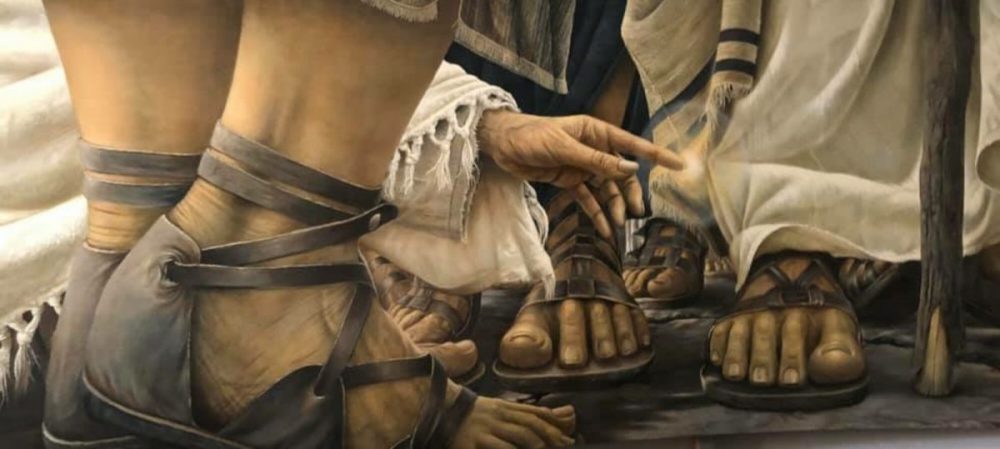
“Then the Lord said to Moses, ‘See, I have made you like God to Pharaoh, and your brother Aaron will be your prophet. You are to say everything I command you, and your brother Aaron is to tell Pharaoh to let the Israelites go out of his country’… Moses and Aaron did just as the Lord commanded them” (Ex. 7:1-6).
Most of us are familiar with the story of Moses and how God called him to return to Egypt to deliver Israel out of Egyptian bondage. We know about Pharaoh refusing to let Israel go, about the 10 plagues God sent upon Egypt so they would know He is the LORD, about the blood of a lamb being placed on the doorposts and lintel to save the firstborn from death, and about the miraculous crossing of the Red Sea. Yes, most of us are very familiar with the story of the Exodus.
However, one day recently while I was in prayer, my mind returned to the Exodus narrative, and I made some new observations I would like to share with you that have some application for us today.
First, God desires to deliver His people from bondage (Ex. 3:7-9). God saw the oppression of Israel in Egypt and heard their cries, and He moved to rescue them. Today, God also sees the people caught in the bondage of sin and oppressed by the lies and deceptions of our enemy, Satan.
Second, God chooses to work with man (Ex. 3:10). In Exodus, God chose to work with Moses to set His people free. Today, He invites us to intercede on behalf of those who are in bondage.
Third, Moses was the mediator chosen to stand on behalf of God before Pharoah (Ex. 7:1-2). When God said that Moses would be like God to Pharaoh, He was saying that Moses was His mouthpiece to speak His words and was given His authority and power to carry out His will. We too are God’s mediators chosen to stand on His behalf and given His authority to fulfill His purpose.
Fourth, Moses did nothing of his own initiative. He simply heard God’s directions and did what he was told to do, and it was through Moses’ obedience that God’s power was released, and the Israelites delivered (Ex. 7:6).
As I meditated on these observations, I realized that Moses provides a perfect example of intercession which would help us in our prayer time. I don’t know about you, but often when I am praying for someone, my prayers sound either like begging or pleading with God to do something or directing God to do what I think should be done for them. Either way, I seldom see the power of God moving or my prayers answered.
If that describes you, too, I think it would be beneficial to follow Moses’ pattern. Realize that God has invited us to work with Him to bring deliverance to our family, friends, neighbors, and coworkers who are bound by sin and oppressed by the devil. Understand that we are His mediators, and He has given us His authority and power to carry out His will. But we also must recognize that our task, as mediators, is to listen for His guidance, to speak His words as we pray, and to do what He instructs us to do. If we do this, just as Moses did, our obedience will release the power of God to move and bring the deliverance for those for whom we are praying.
